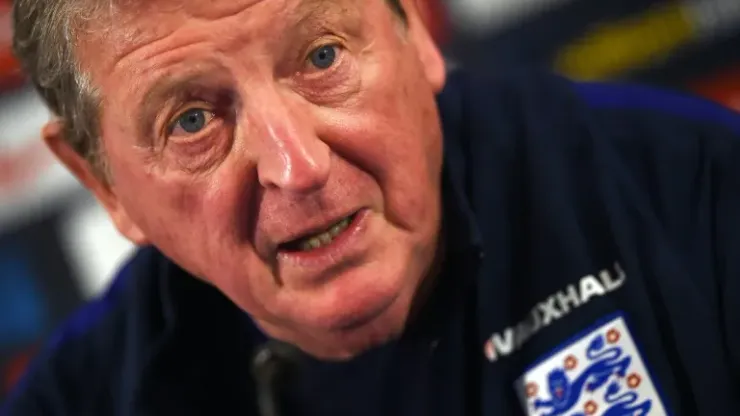London (AFP) – Studious and well-travelled, Roy Hodgson has the weighty responsibility of ending England’s 50 years of major tournament heartache at the European Championship in France.
After a run to the quarter-finals at Euro 2012, less than two months after succeeding Fabio Capello as manager, Hodgson presided over a galling group-phase exit at the 2014 World Cup in Brazil.
A flawless Euro 2016 qualifying campaign, allied to the exciting emergence of Harry Kane and Dele Alli, has raised expectations, but Hodgson has greeted the fervour with characteristic caution.
“It’s the impossible question,” the 68-year-old said when asked whether, in light of England’s stirring 3-2 victory over world champions Germany in March, his side could win the tournament.
“If I say ‘yes’, then it’s ‘Hodgson thinks we can win the Euros’. If I say it’s a tough ask, then ‘Hodgson has no confidence in the team’.
“We still don’t really know how this young group would perform in tournament conditions against much more experienced teams like Germany, who are used to reaching finals, and France as the home nation.
“But I believe in the team. Absolutely.”
Having previously failed in a high-profile post at Liverpool, Hodgson was seen as an underwhelming choice to succeed Capello when the Italian abruptly stepped down in February 2012.
England performed creditably at Euro 2012, falling to Italy on penalties in the last eight, and qualified for the World Cup with an unbeaten record.
But a two-man midfield of Jordan Henderson and the ageing Steven Gerrard was overrun in Brazil, with successive 2-1 losses to Italy and Uruguay seeing England eliminated after just two matches.
Hodgson altered his tactical approach for the Euro 2016 qualifiers, switching between a 4-3-3 formation and a 4-4-2 with midfield diamond, and guided his team to 10 successive wins.
– Meandering –
A native of Croydon in south London, Hodgson has built his reputation on producing disciplined, well-organised teams, but England’s youthful edge has revealed a more daring side to his approach.
“It is great to see young players coming through and playing with the enjoyment that you want them to play with,” says former England captain David Beckham.
“It is what Roy has done so well. He has brought so many young players into the squad and given them the chance to play on the biggest stage.”
An undistinguished player, whose career included a spell in South Africa, Hodgson went into management with Swedish club Halmstad in 1976, winning two league titles.
He later returned to Sweden with Malmo, winning five league titles, and his managerial meandering has also included jobs with clubs as varied as Inter Milan, Blackburn Rovers and FC Copenhagen, as well as the national teams of Switzerland, the United Arab Emirates and Finland.
Hodgson’s experience at Fulham, who were 18th in the Premier League when he arrived in December 2007, showcased his best qualities in microcosm.
The west London club stayed up that season, finished seventh the following year and reached the final of the Europa League in 2010, losing 2-1 to Atletico Madrid.
His success at Craven Cottage earned him a crack at the Liverpool job, although he lasted only half a season. A subsequent stint at West Bromwich Albion restored his reputation sufficiently for the Football Association to come calling in 2012.
Not unlike the late and fondly remembered Bobby Robson prior to England’s run to the semi-finals at the 1990 World Cup, Hodgson is perceived in Britain as a bumbling, avuncular figure.
Eclipse Robson by leading England to glory in France, 50 years on from their 1966 World Cup triumph, and he will become a national treasure.
200+ Channels With Sports & News
- Starting price: $33/mo. for fubo Latino Package
- Watch Premier League, Women’s World Cup, Euro 2024 & Gold Cup
The New Home of MLS
- Price: $14.99/mo. for MLS Season Pass
- Watch every MLS game including playoffs & Leagues Cup
Many Sports & ESPN Originals
- Price: $10.99/mo. (or get ESPN+, Hulu & Disney+ for $14.99/mo.)
- Features Bundesliga, LaLiga, Championship, & FA Cup
2,000+ soccer games per year
- Price: $5.99/mo
- Features Champions League, Serie A, Europa League & Brasileirāo
175 Premier League Games & PL TV
- Starting price: $5.99/mo. for Peacock Premium
- Watch 175 exclusive EPL games per season






